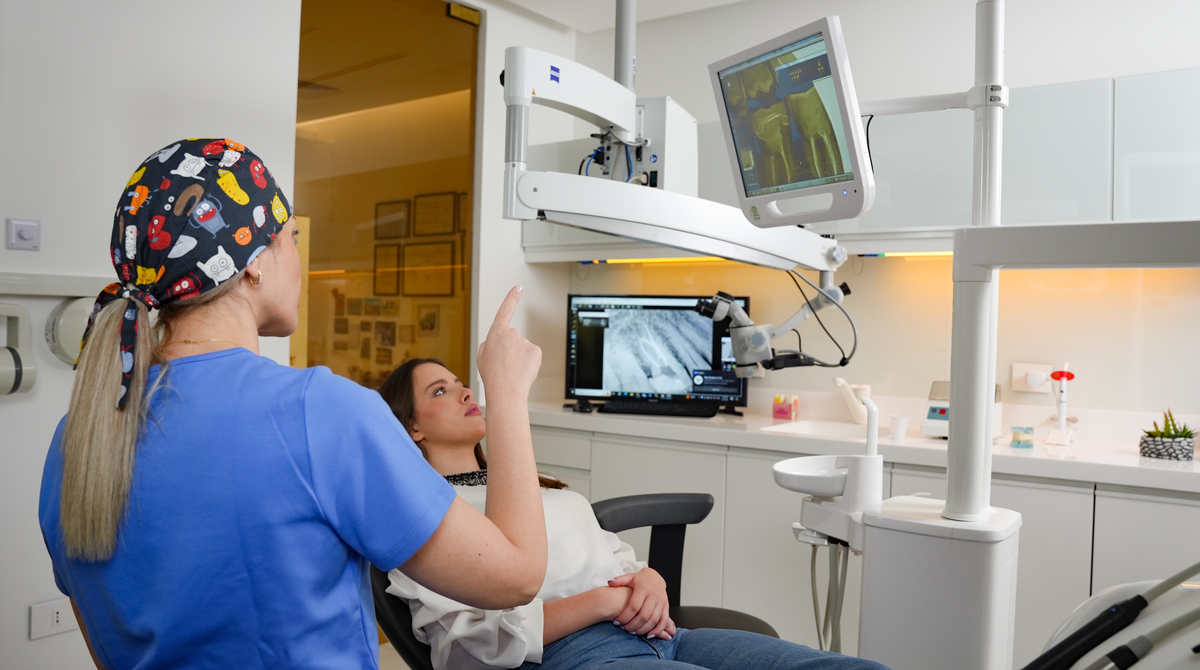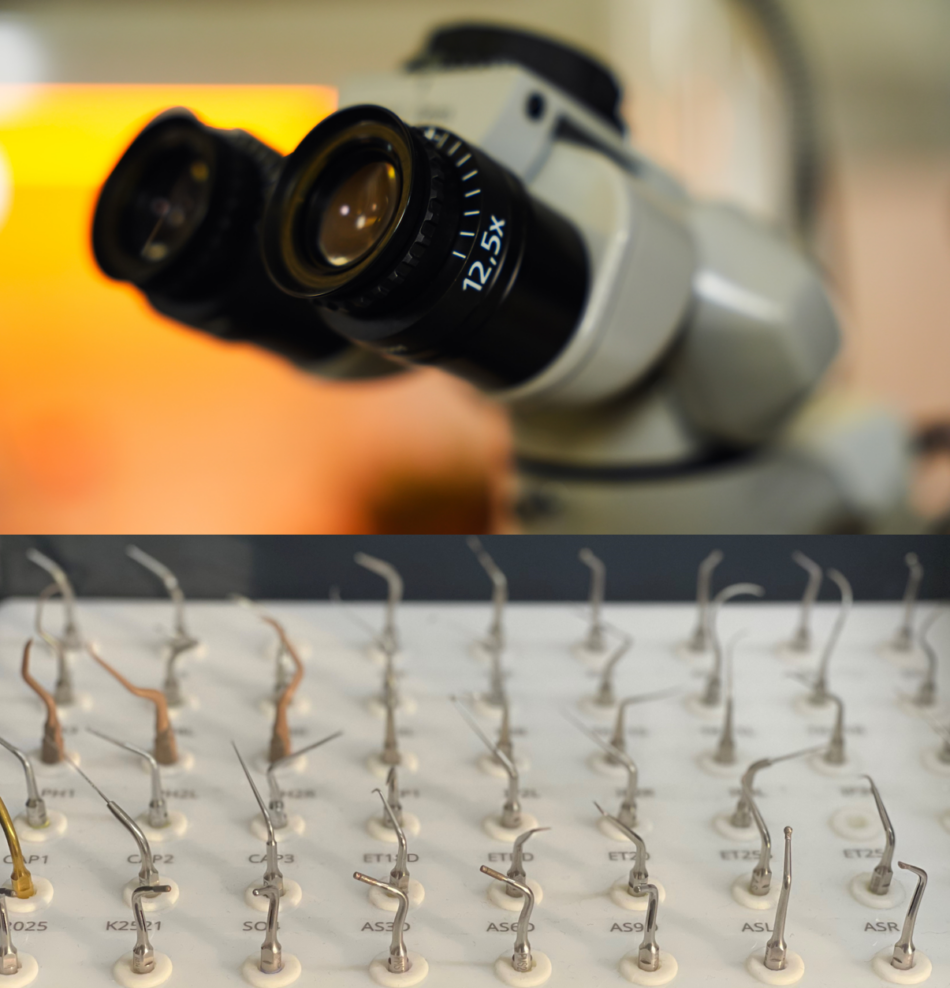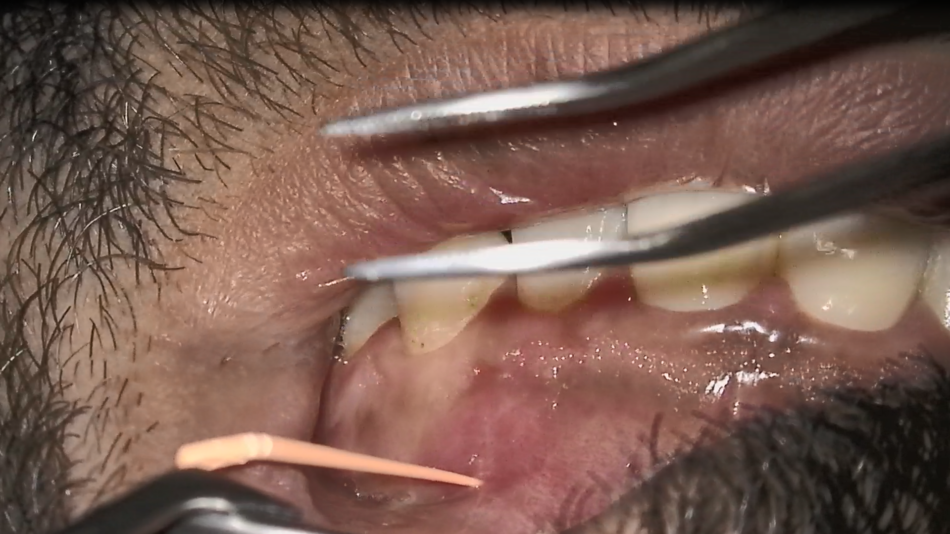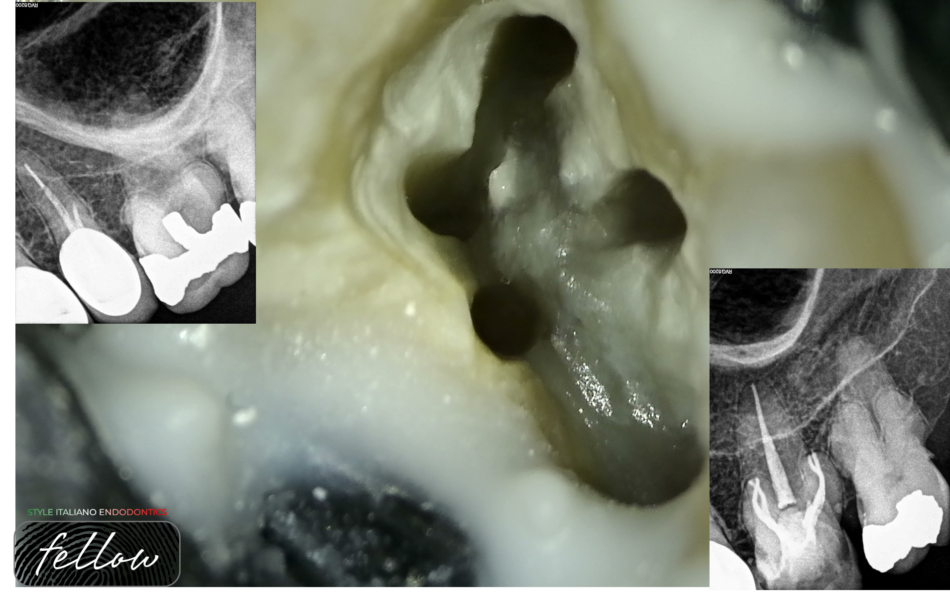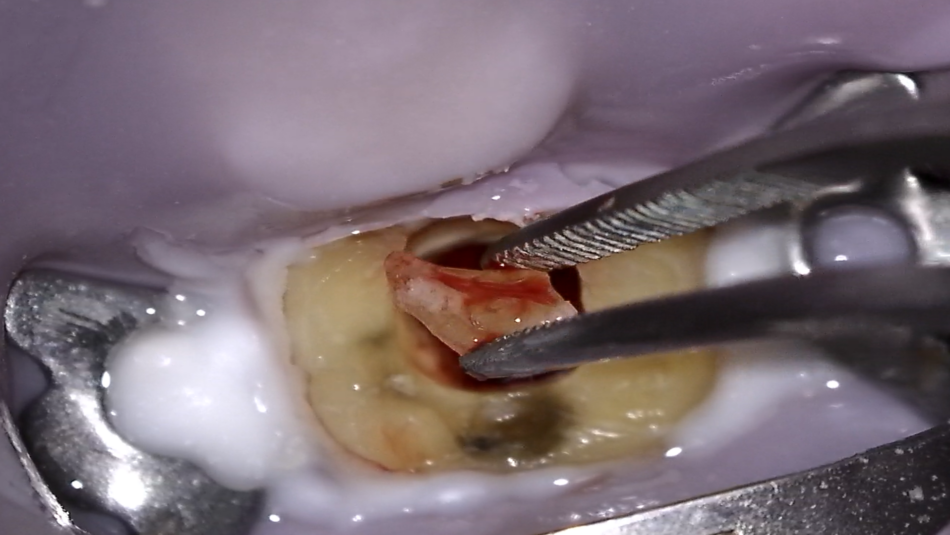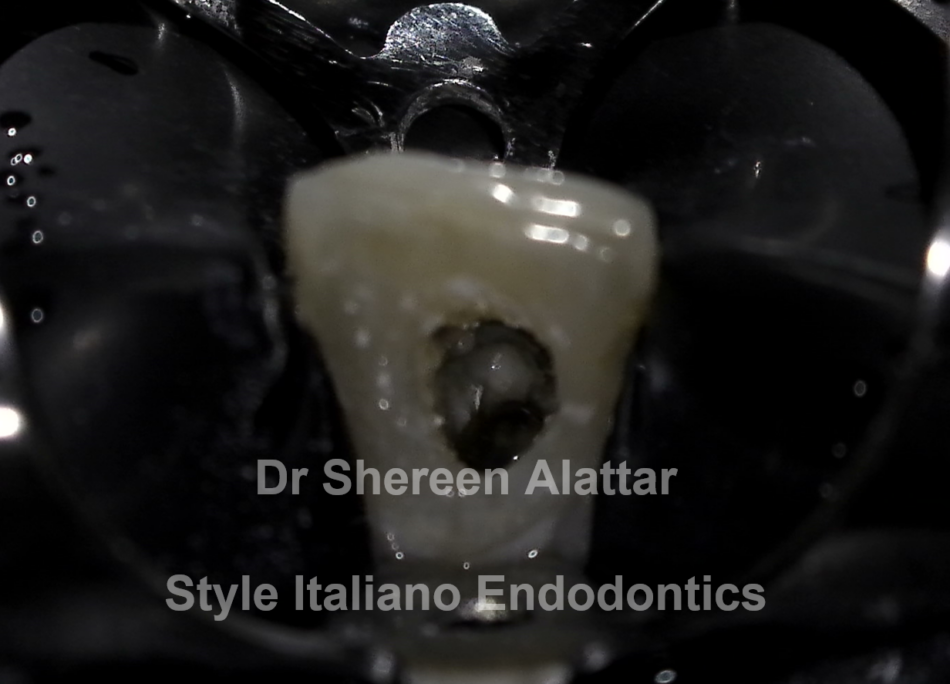
An Expert That You Can Trust
I have received my Bachelor degree of Dental Surgery from The University of Jordan, in 2010. After completing dental school I completed an additional year of dental internship in the Jordanian Ministry of Health dental centres in Amman. I was selected for an advanced specialty in Endodontics at Saint-Joseph University (USJ) of Beirut, Lebanon where I earned my Master’s Degree of Science in the specialization of Endodontics ( D.E.S.E), in 2015.
I concurrently published my thesis in the Journal of Endodontics with the title “The influence of brushing motion on the cutting behaviour of 3 reciprocating les in oval-shaped canals.”
I then moved back to Amman where I worked as a part timer endodontist at The Jordan University Hospital in the dental department.
Now I lead my private referral based practice that is limited to Endodontics in Amman.
In 2023, I was named as a fellow member in the Style Italiano Endodontics Community and now I am a trusted Key Opinion Leader and certified trainer for Leading Dental Companies.
What would I do if this was me, or a member of my own family?
I firmly believes in putting the patient first - not all patients, or problems, are the same and so it is crucial that treatment is tailored to each patient and each situation.
Diagnosis and treatment planning is crucial and I am always happy to discuss the pros and cons of each approach in depth.
Treatment is carried out in a highly caring manner with an emphasis on being as conservative as practical.
I always ask the question- “what would I do if this was me, or a member of my own family?”
Comprehensive Dental Care for a Healthy, Confident Smile
I am committed to treating your endodontic needs and working with your General Dentist to provide the optimum care for your oral health. Upon completion of treatment, your General Dentist will receive a detailed clinical report for use in subsequent treatment planning.
Root Canal treatment
It is often difficult to find the origin of the oral pain due to the vast network of nerves in the mouth. The pain of a damaged or diseased tooth or as far as the head, neck, or ears. An endodontist is specialist in diagnosing and treating this type of pain. Once it has been determined that your tooth can benefit from Root Canal or Endodontic therapy I will begin treatment.
A local anesthetic is administered prior to isolated the diseased tooth with a sheet of latex called a “rubber dam “which will keep it clean and dry during treatment. Non-latex dams are provided for
patients with latex allergies. While the treatment consists of three to four basic steps, the number of visits required depends on each individual case. Often treatments will consist of one to two visits and occasionally 3 or more appointments are needed. In any case, it depends on the degree of infection, inammation, and complexity of anatomy. At EndoVille I believe that rather than meeting a specific time criteria, it is most important to provide a pleasant experience and the very best dental care I can offer.
Traumatic Injuries Management
Dental trauma that results in pulpal damage often occurs in accidents, or sports-related injuries. Chipped teeth account for the majority of dental injuries, while dislodged or knocked-out teeth are a less frequent, yet more severe injury. Teeth with pulp exposure after trauma may or may not require root canal therapy. Treatment depends on the type, location and severity of each injury.
Whether seemingly mild or severe, treatment of dental trauma is highly time sensitive, and requires immediate attention to increase the chances of successfully replanting the tooth. Dental professionals will often refer to this time frame as the ‘Golden Hour’.
At times, neighbouring teeth can suffer additional unnoticed impact that can only be detected by a thorough microscope enhanced dental exam. With my advanced skills, techniques, and state-of-the-art technology, I am specialized in treating traumatic dental injuries. If you have a cracked or injured tooth, contact EndoVille as soon as possible. EndoVille Clinic offers outstanding flexibility in accommodating emergency cases (including weekends) to relieve discomfort and save teeth!
Follow Up Appointments
A tooth should be examined every six to twelve month after receiving endodontic therapy.thi s enables me to monitor monitor the healing of the tooth since an abscess may take up to two years to heal. The patient will receive a notice call by my assistant when the appropriate amount of time has passed to re-evaluate the area. While there are no guarantees, root canal or endodontic therapy has a success rate of up to 90%. If a root canal is unsuccessful, one still has options. Such chances of success and options are discussed with each patient prior to endodontic procedures to ensure they are able to make an informed decision.
Root Canal reteatment
Occasionally, a tooth that has undergone endodontic treatment fails to heal or pain continues despite therapy. Although rare, sometime a tooth initially responds to root canal therapy but become painful or diseased months or years later. When either of these situations occurs, the tooth often can be maintained with a second endodontic treatment.
My Patients Say
Latest Publication
Magnification & Ultrasonics: The Perfect Marriage
The piezoelectric ultrasonics have the potential to become routinely incorporated into almost every component of endodontic treatment, re-treatment, and apical… Read more
Trace Every Tract!
Sinus tract tracing, proper diagnosis, and patient education are all the big players involved in this tooth story! It is… Read more
Everything changes except for anatomy!
As the complex anatomy of maxillary first molars is one of the major challenges in endodontic therapy, knowledge of the… Read more
Clinical Tips for Managing Calcified Canals
one of the endodontic treatment failure is calcification in the canal pathway, which prevents complete access to proper working length…. Read more
Root perforations: from breakdown to breakthrough
In retreatments, one of real endodontic challenges comes when disassembly is complete and what remains is a root canal system… Read more
